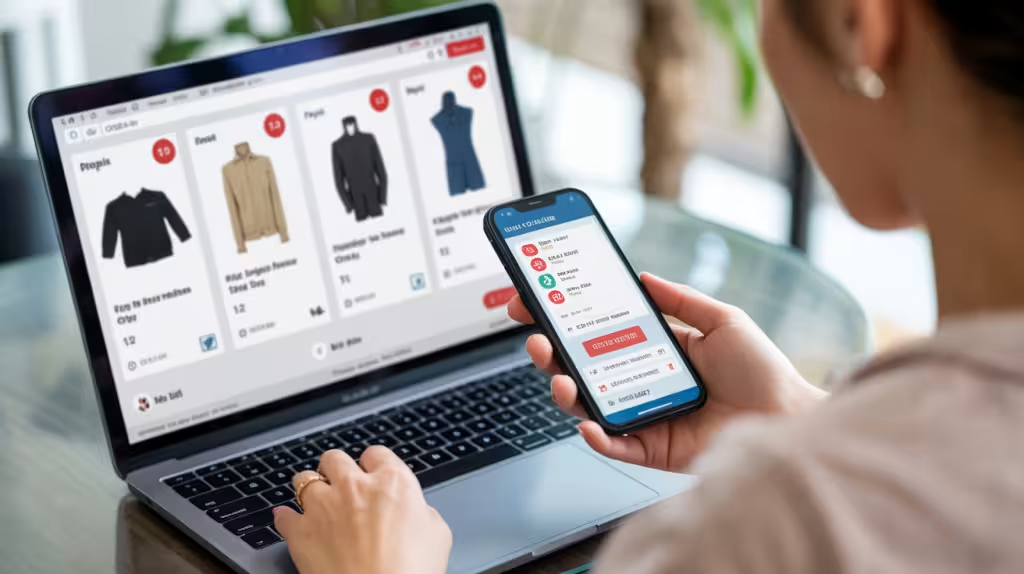How to Tell Good Advice from Bad
Here are a few quick filters you can use to tell if a finfluencer’s content is trustworthy or not — especially if you’re 40+, managing savings, or preparing for retirement:
1. Check the credentials.
Do they have financial training, certifications, or industry experience? “Real” experts often disclose their background clearly — usually right in their bio or about section.
2. Follow the money.
Are they being paid to promote something? Many influencers earn commissions from apps, products, or brands they feature. Sponsored content isn’t always bad — but you deserve to know.
3. Look for balance.
Do they talk about risks as well as rewards? Anyone who promises guaranteed returns or “fast profits” is waving a big red flag.
4. Check multiple sources.
Even if someone sounds convincing, cross-check their advice with other reputable sites — including government or educational financial resources.
5. Don’t skip the boring stuff.
Real wealth isn’t built from hacks — it’s built from discipline, planning, and patience. If a video skips the details, it’s probably skipping the truth, too.















